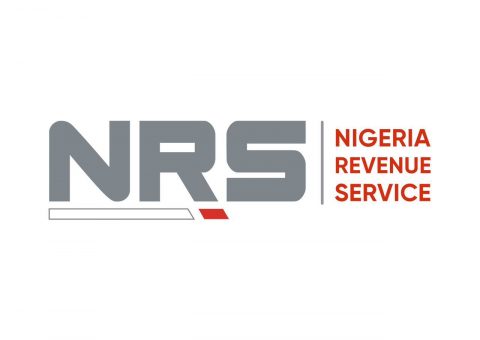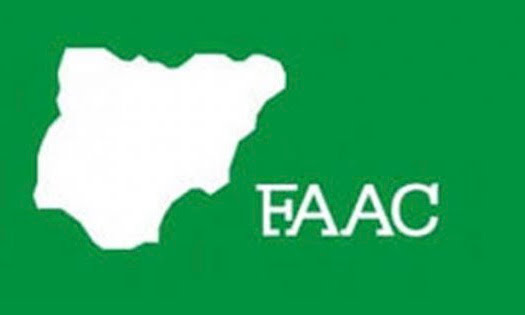The Central Bank of Nigeria’s latest money and credit statistics has revealed that Bank credit to Nigeria’s private sector dropped to N75.83tn in August 2025, the lowest level recorded this year.
According to CBN statistics, the figure represents a 0.4 per cent decline from N76.14tn in June 2025, underscoring a steady slowdown in credit expansion.
On a year-on-year basis, the August 2025 figure was 1.5 per cent higher than the N74.73tn recorded in August 2024, showing only a modest improvement compared with last year.
Net domestic credit stood at N98.97tn in August 2025, lower than N99.86tn in June and well below the N105.88tn recorded in August 2024, reflecting a broad contraction in credit across the economy.
ALSO READ: CBN Reduces Interest Rate To 27%, As 14 Banks Meet Recapitalisation Requirements
Monthly trends show that credit to the private sector was relatively strong at the start of 2025, with N77.38tn in January. It slipped to N76.26tn in February and N75.98tn in March before climbing to N78.08tn in April, the year’s peak.
From May, the numbers weakened: credit fell to N77.83tn, dropped again to N76.14tn in June, and eventually slid to N75.83tn in August, marking a clear downward trajectory.
Government borrowing has also been more subdued. Credit to the government was N23.13tn in August 2025, slightly down from N23.73tn in June and significantly lower than the N31.15tn recorded in August 2024, reflecting a sharp contraction in bank lending to the public sector.
The decline in private sector credit mirrors tighter monetary conditions. For most of 2025, the CBN maintained the Monetary Policy Rate at 27.5 per cent to curb inflation and stabilise the naira. The high borrowing costs discouraged fresh lending, pushing companies and households to cut back on debt.
In the first half of the year alone, private sector loans shrank by nearly N1.9tn, a trend linked to high interest rates and tight liquidity in the banking system.
In September 2025, the Monetary Policy Committee implemented its first rate cut since 2020, trimming the policy rate to 27 per cent. The decision followed signs of easing inflation, which stood at 20.12 per cent in August, and the need to stimulate growth.
The committee also reduced the Cash Reserve Ratio for commercial banks from 50 to 45 per cent, while tightening rules on public sector deposits by raising their reserve ratio to 75 per cent.
The persistent contraction in credit raises concerns about business funding at a time when inflation, foreign exchange pressures, and weak consumer demand are already squeezing the economy.
Nigeria’s move is part of a wider continental trend. Central banks in Africa are beginning to ease monetary policy as inflation cools. Recently, Ghana slashed its policy rate by 350 basis points to 21.5 per cent, while Kenya lowered its benchmark rate to 9.5 per cent in mid-August.
Nigeria’s MPR remains among the highest in Africa, reflecting sustained inflationary pressures. However, analysts see the slight easing as a shift in strategy, from crisis containment to cautious stimulus.











